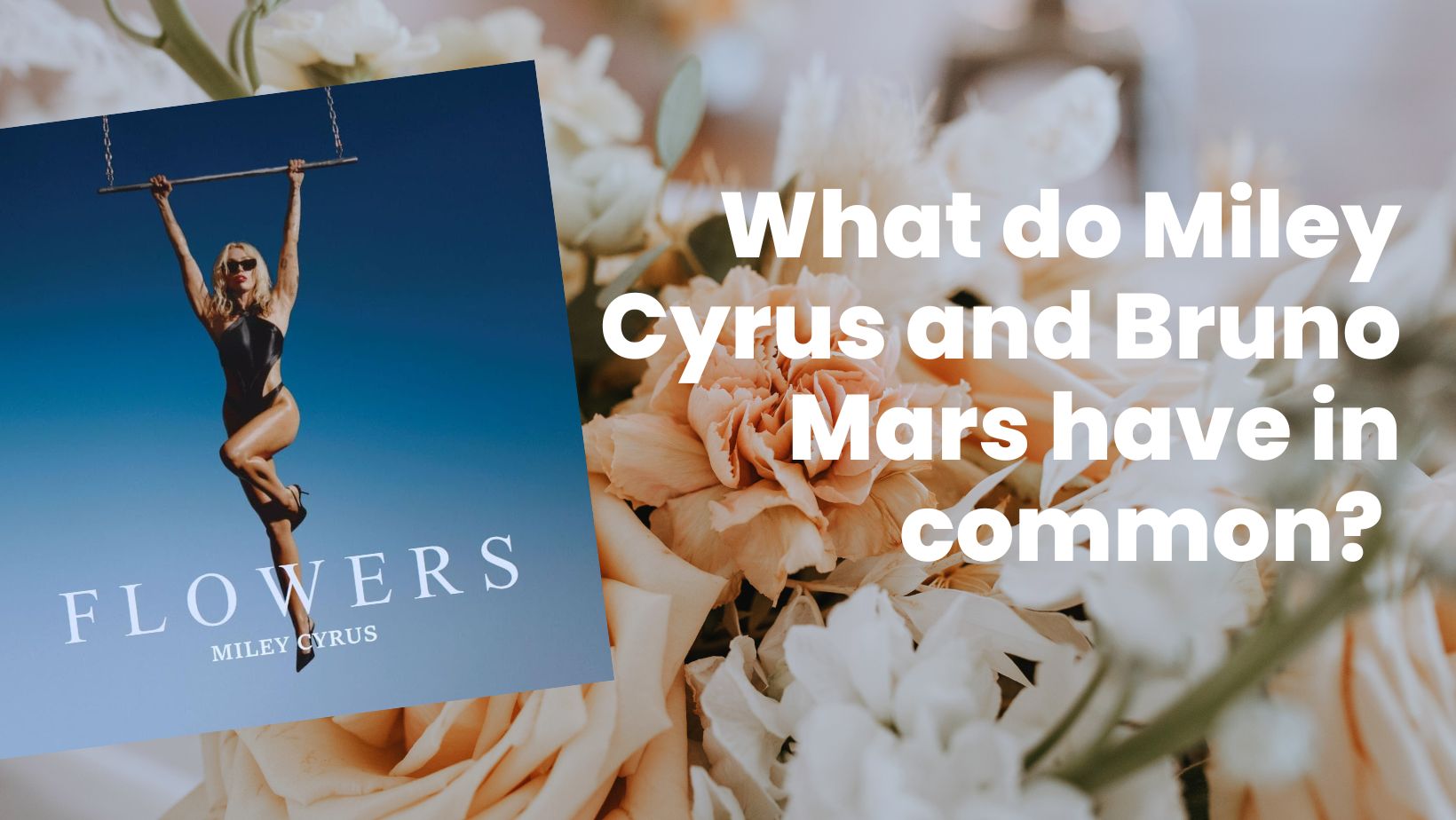
What do Miley Cyrus and Bruno Mars have in common?
While controversy is nothing new in the world of pop music, it’s not every day that a legal battle emerges between two of the industry’s biggest names. Recently, Miley Cyrus was hit with a lawsuit claiming her global hit ‘Flowers’ infringes on the copyright of Bruno Mars’ ballad, ‘When I Was Your Man’. If the allegations hold up, the two stars will soon find themselves linked by more than just their chart-topping status: they’ll be sharing a courtroom.
What’s the issue?
Tempo Music Investments, the company managing rights for ‘When I Was Your Man’, has alleged that Cyrus’ Grammy award-winning ‘Flowers’ borrows substantial elements from the 2013 song, including the melody, harmonic structure, and chorus.
The complaint states “It is undeniable based on the combination and number of similarities between the two recordings that ‘Flowers’ would not exist without ‘When I Was Your Man’. Various press publications such as Rolling Stone and TMZ have echoed the statement.
Tempo Music is now seeking an undisclosed amount and to block any further circulation of ‘Flowers’, with Apple, Sony Music Publishing, Walmart and a few other major companies accused of distribution. It’s worth noting that Mars (real name Peter Gene Hernandez) himself is not listed as a plaintiff.
Copyright law is filled with nuance. At the heart of the matter is whether Cyrus and her team intentionally copied protectable elements of Mars’ track, or if the similarities are coincidental, or too generic, to be considered copyright infringement.
The legal ramifications
Should the court rule in favour of Tempo Music Investments, the consequences for Miley Cyrus could be far-reaching. Aside from the immediate financial implications such as potential damages or loss of revenue, there’s also the reputational damage that comes from being involved in such a high-profile copyright dispute. To date, Cyrus has been sued for alleged copyright infringement four times.
The case highlights the importance of copyright protection and why creatives of every kind must safeguard their works against unauthorised use or adaptation. More broadly, it may also spark a larger conversation about whether the line between inspiration and infringement is becoming harder to navigate in a world where the pool of musical ideas is arguably infinite, particularly given the increasing use of AI to generate music.
The complexities of copyright
The lawsuit reflects the complicated nature of copyright law in the music industry. Artists often draw on musical elements such as chord progressions or rhythms, which are typically not protectable under copyright law as they’re considered commonplace. However, specific melodies, harmonies, or unique arrangements often can be protected. The challenge lies in determining which elements of a song are distinct enough to warrant protection.
Copyright disputes in music have existed almost as long as recorded music has. From Led Zeppelin’s ‘Stairway to Heaven’ to Marvin Gaye’s ‘Got to Give It Up’, artists frequently face accusations of borrowing from other works. These lawsuits force courts to grapple with a tricky question: how do you distinguish between inspiration and outright copying? The answers are far from straightforward, making legal battles like this one all the more important in setting industry precedents.
Helping you navigate IR law
This lawsuit is another reminder of just how important copyright protection is. At Quest Legal, we specialise in intellectual property law, providing comprehensive guidance to businesses and individuals who want to protect their creative works through copyright, trademarks, confidential information and more.
For professional legal advice on how to safeguard your intellectual property, get in touch today.

